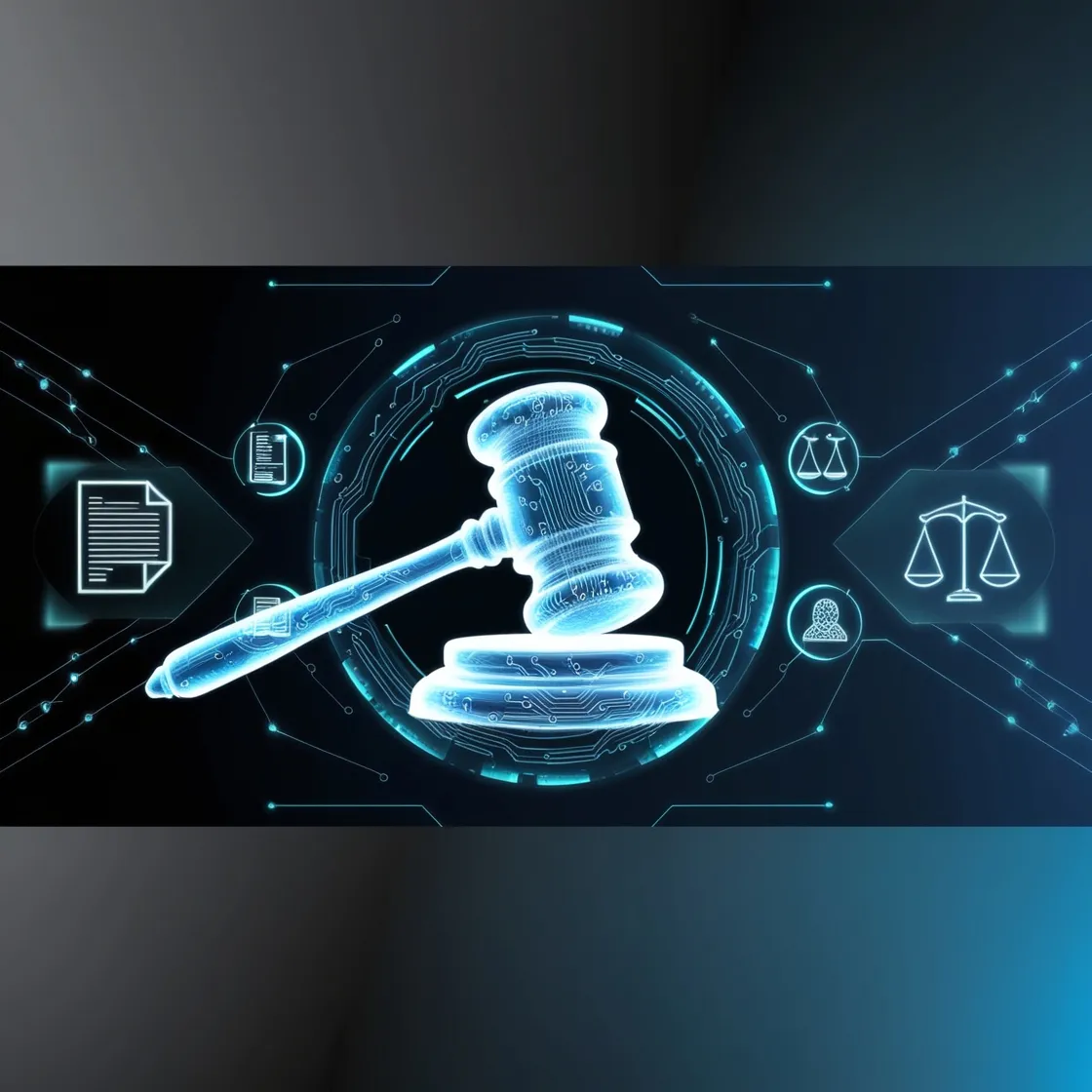Transforming Legal Practices with Custom LLM Solutions
Attend just about any event in the legal technology / services space and you will hear the words “artificial intelligence” more in one day than you probably have in a whole year. The entire legal industry, often seen as slow to adopt new technology, is now on the cusp of a revolution, thanks to Custom Large Language Models (LLMs). These AI-driven solutions are not just about enhancing efficiency but also fundamentally changing how legal professionals work. With the ability to process vast amounts of text, offer nuanced insights, and automate routine tasks, custom LLMs are becoming invaluable tools for legal practitioners.
Why LLMs Matter in the Legal Field
Lawyers deal with an overwhelming amount of information daily. From reviewing contracts to researching case law, the volume of text to sift through can be staggering. This is where LLMs come in. Unlike traditional software, which relies on specific keywords or pre-programmed logic, LLMs can understand context, recognize patterns, and even generate human-like text. This means they can assist in more complex tasks like drafting legal documents, summarizing cases, and even predicting outcomes based on previous judgments.
Custom vs. Generic LLMs: What’s the Difference?
You might wonder why there’s a need for custom LLMs when there are already powerful pre-trained models available. The answer lies in specificity. While generic LLMs like ChatGPT are trained on a broad range of text from the internet, custom LLMs are fine-tuned with data specific to a particular law firm or legal domain. This means they understand the nuances of your practice area, the preferences of your firm, and even the tone and style of communication you use.
For example, a law firm specializing in intellectual property might want an LLM that’s been trained specifically on patents, trademarks, and copyright law. This customized approach ensures that the AI is not just accurate but also contextually relevant, leading to better and more reliable outputs.
Real-World Applications of Custom LLMs in Legal Practices
- Contract Review and Drafting Custom LLMs can streamline the tedious process of contract review. By understanding the legal language and specific requirements of your firm, they can highlight potential issues, suggest changes, and even draft entire sections based on your templates. This not only saves time but also reduces the risk of overlooking critical details.
- Legal Research Traditional legal research can be time-consuming, often requiring lawyers to comb through countless cases, statutes, and legal opinions. Custom LLMs can expedite this process by quickly identifying relevant precedents and summarizing key points, allowing lawyers to focus on strategy rather than the search.
- Document Management Managing legal documents is another area where custom LLMs can shine. These AI systems can categorize, tag, and even retrieve documents based on nuanced queries. This means finding that obscure case file or specific clause in a contract becomes a matter of seconds, not hours.
- Client Communication Drafting emails, preparing client updates, or even generating reports can be automated to some extent with custom LLMs. By understanding the firm’s communication style and the specific needs of clients, these models can create drafts that require minimal editing, ensuring consistent and professional correspondence.
- Predictive Analytics One of the more advanced applications of custom LLMs is in predictive analytics. By analyzing past cases, LLMs can predict the likely outcome of current cases, helping lawyers to strategize more effectively. This is particularly useful in litigation, where understanding the probability of success can guide decision-making.
The Benefits of Implementing Custom LLMs
- Increased Efficiency The most obvious benefit is efficiency. Tasks that would typically take hours or even days can be completed in a fraction of the time with the help of custom LLMs. This not only frees up time for lawyers to focus on more strategic work but also allows firms to handle a larger caseload without compromising on quality.
- Cost Savings With increased efficiency comes cost savings. Firms can reduce the hours spent on routine tasks, potentially lowering the overall cost of legal services. This can be particularly advantageous for clients, making legal services more accessible without sacrificing quality.
- Improved Accuracy Humans are prone to error, especially when dealing with large volumes of information. Custom LLMs can help mitigate this risk by ensuring that every document is reviewed with a fine-tooth comb. While they’re not infallible, they offer a level of consistency and attention to detail that’s hard to match.
- Scalability As firms grow, the volume of work increases. Custom LLMs can scale alongside your business, handling more documents, more cases, and more clients without requiring a proportional increase in staffing. This scalability makes it easier for firms to expand without the growing pains associated with increased workloads.
Challenges to Consider
While the benefits are clear, implementing custom LLMs in a legal practice isn’t without its challenges. One of the primary concerns is data privacy. Legal firms handle sensitive information, and ensuring that this data is securely managed when training and using LLMs is crucial. It’s important to work with AI providers who prioritize security and compliance with legal standards.
Another challenge is the initial cost and time investment. Training a custom LLM isn’t a one-size-fits-all process; it requires significant resources to gather and prepare the data, train the model, and then integrate it into your existing workflows. However, the long-term benefits often outweigh these upfront costs.
The Future of Legal Practice with Custom LLMs
The legal industry is on the brink of a major transformation, and custom LLMs are at the forefront of this change. By automating routine tasks, enhancing accuracy, and providing deeper insights, these AI solutions are not just tools—they’re partners in the legal process. As more firms begin to adopt custom LLMs, we can expect to see a shift in how legal services are delivered, with a greater emphasis on efficiency, cost-effectiveness, and client satisfaction.
In the coming years, the integration of AI into legal practice will likely become the norm rather than the exception. Firms that embrace this technology early will not only gain a competitive edge but also set new standards for what’s possible in the legal field. PioneerDev.ai can walk you through what this process looks like, from scoping out what your immediate needs are to uncovering new ways to implement this technology in your own organization. Reach out to learn more!

